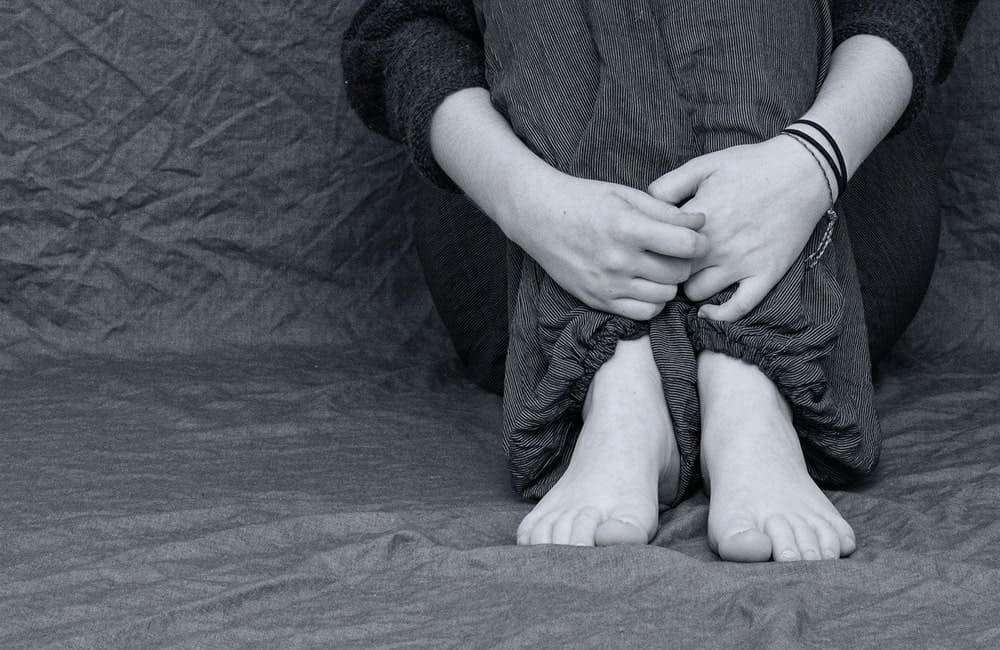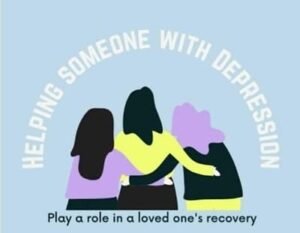
Social rejection is the term that springs to mind whenever I am invited to a family gathering.
Nobody understands how stressed and shy I feel. These family reunions irritate me.
However, I tried so many times to blend in but with no hope, and I have this strong sense of rejection, and I’m unable to control my fear along with it.
I feel speechless, and their stares kill me.
I need help; Is what I’m feeling real or just my imagination?
These were the thoughts of someone suffering social rejection for a long time with no hope of changing.
Please read along for more details on the causes and symptoms of this disease.
Social Rejection
According to Maslow’s hierarchy of needs, humans have strived to meet all of their essential needs since the beginning of time.
Those needs are summarized in the following:
- Physiological, for example, water, air, and food.
- Safety.
- Love and belonging.
- Esteem needs.
- Self-actualization needs.
Social relationships are an essential part of our lives because we do not live alone and rely on each other.
Therefore, social relationships enhance an individual’s sense of belonging to family and society.
When a person feels undesired, inside the family, at school, or in emotional relationships, he suffers from social rejection resulting in extreme sadness.
It’s normal to be rejected once or twice in a lifetime unless it affects behavior negatively.
In addition, a person may get rejected directly by his friends when joining them or by getting bullied or indirectly by ignorance or carelessness.
Does the rejected one feel social pain?
When the individual gets rejected, he feels severe pain; this is not completely different from physical pain.
A study was conducted to demonstrate the relation between social rejection and pain.
In this study, researchers used the virtual electronic game Cyber ball.
It is a ball-tossing game played by three people.
Through this experiment, one of the players gets ignored to make him feel rejected.
And upon reviewing the Functional magnetic resonance imaging (fMRI) picture, it showed an increase in the nerve signals in the area specialized in feeling physical pain.
Thus, it confirms that there is a link between rejection and pain.
In other words, Psychological pain is just as vital as physical pain.
Signs of social rejection
Signs vary between physical, psychological, and social.
Here are some rejection signs that may affect relationships with others:
- A sensation of embarrassment manifested by an increase in heart rate, flushing of the face, sweating, and difficulty breathing.
- Feeling angry and losing control over emotions.
- Avoiding social relationships and isolation in dread of others noticing the tension.
- Feeling of failure and untrustworthiness.
- Repeated rejection makes the person liable for depression and self hurting.
Fear of social rejection
Constant rejection instills a fear of embarking on new experiences that may also be met with rejection.
There are two types of people when it comes to handling rejection:
- First type: deals with rejection to improve behavior and avoid feeling pain.
- The other type: succumbs to the pain, resulting in depression, isolation, and loneliness.
Sensitivity to social rejection
Some people overreact to their response to rejection, and the feeling of being always rejected dominates them, causing continuous misunderstanding.
In addition, this feeling may lead to ending relationships and being isolated in a closed circle of rejection and pain.
Also, scientific research showed a strong connection between hypersensitivity to rejection and increasing the rate of suicide in people who suffer from severe mental illnesses such as:
- Avoidant personality disorder.
- Social phobia.
What causes social rejection?
There is a lot of reasons for this sensitivity, including:
- A child faces constant rejection from family or school during childhood, causing an impact on his personality and making him more prone to sensitivity.
- Genetic factors and the surrounding environment play a vital role in shaping an individual’s personality. And when the surrounding environment gets together with genes responsible for a specific character, this helps emphasize the problem.
- Furthermore, the effect of rejection sensitivity may extend to teenagers, particularly girls. Their extreme fear of rejection forces them to stay in toxic relationships, enjoy being the victim, and accept harm rather than ending the relationship.
- It affects adults in their emotional relationships because of jealousy and misjudging their partner’s intentions.
How to handle social rejection?

Rejection hurts!
When we feel desirable, we all get excited.
While it’s not a big deal if the person faces rejection, the crisis lies in the extent to which this rejection will affect him.
Here is some advice that may help in getting over rejection:
- Accept rejection. It will help you overcome the pain and enhance your psychological health; Since it’s normal to experience rejection through your life journey.
- Admitting the problem puts us on the right track to finding a solution. Those who admit to being scared can move on.
- Nobody understands how we feel when we are in pain. Only we can assess our emotions and how badly we require treatment.
- People learn from their experiences. Accepting rejection and dealing with the fear that comes with it will help a person’s personality develop. So make it count by learning from mistakes.
- Boost the individual’s self-esteem and self-appreciation while also informing him of his virtues.
- Consider the worst-case scenario and make backup plans, as this will help you feel less pain.
- Face the feeling of fear and determine the main cause behind this fear, as well as ceasing to blame yourself.
- Obtain social support through family, friends, or spouse.
Psychological Therapy
The patient may need to consult a specialized psychological therapist if symptoms develop and controlling them alone becomes hard.
Psychological therapy or taking medication is necessary in some of the following cases:
- Depression.
- Panic Attacks.
- Harmful Thoughts.
- Sleep And Eating Disorders.
- Anxiety Disorders.
Therapy may include psychotherapy sessions to help overcome the rejection feeling, besides medication to treat rejection symptoms, such as antidepressants or anti-anxiety medications.
Finally, we shed some light on the symptoms and treatment of social rejection.
And always remember, It’s okay to get rejected; it doesn’t insult or underestimate us.
However, if this rejection becomes an obstacle in our path, we should seek assistance.
Read Also;
Obsessive-compulsive disorder| Types and symptoms
Post-traumatic Stress Disorder | How to deal with it